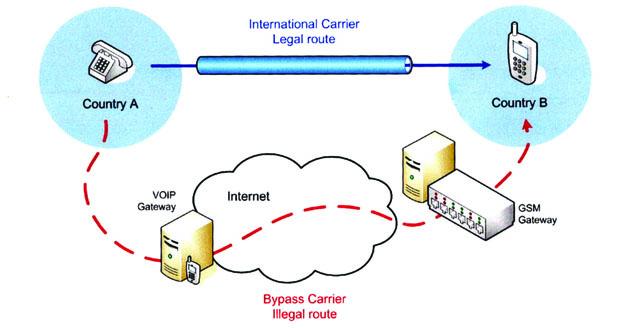You are here
Telecom commission unravels SIM box fraud
By JT - Mar 08,2017 - Last updated at Mar 08,2017
AMMAN — The Telecom Regulatory Commission (TRC), in cooperation with specialised security agencies, has identified the “largest unlicensed” telecom network that manipulates international incoming calls to the Kingdom in illegal ways using SIM boxes, a statement released by the commission said on Wednesday.
A SIM box is an unofficial voice over IP (VoIP) gateway that is used to illegally bypass standard network interconnections in order to make traffic appear to the recipient of a telephone call as a local call.
TRC Chief Commissioner Ghazi Jbour said a specialised team of the commission tracked the locations of the network and seized all its devices, before referring the case to court, according to the TRC statement.
Experts estimated the sector’s monthly losses caused by the network to stand at some $160,000 if devices work at 30 per cent capacity, Jbour noted.
The chief commissioner said the commission has confiscated 46,000 pre-paid SIM cards from Amman and 6,263 international pre-paid charge cards that were not licensed by the TRC.
SIM box fraud occurs when individuals or groups purchase SIM cards that offer free or low-cost calls with the intent of using them for international calls.
The SIM cards are then used — via special devices — to channel long-distance or international calls away from mobile network operators and register them as local calls on their networks, costing operators significant losses in international phone call revenues, according to Revector, a UK-based anti-fraud company.
Related Articles
AMMAN — The Telecommunications Regulatory Commission (TRC) on Saturday said it had seized an illegal telecommunication network which had cau
The Telecommunications Regulatory Commission (TRC) is planning to cooperate with a specialised company to fight SIM box fraud, which causes millions of dinars in annual losses to telecom operators in the Kingdom.
AMMAN — The number of complaints over phone and Internet services rose to 4,301 in 2015 from 2,525 in 2014, the Telecommunications Regulator












